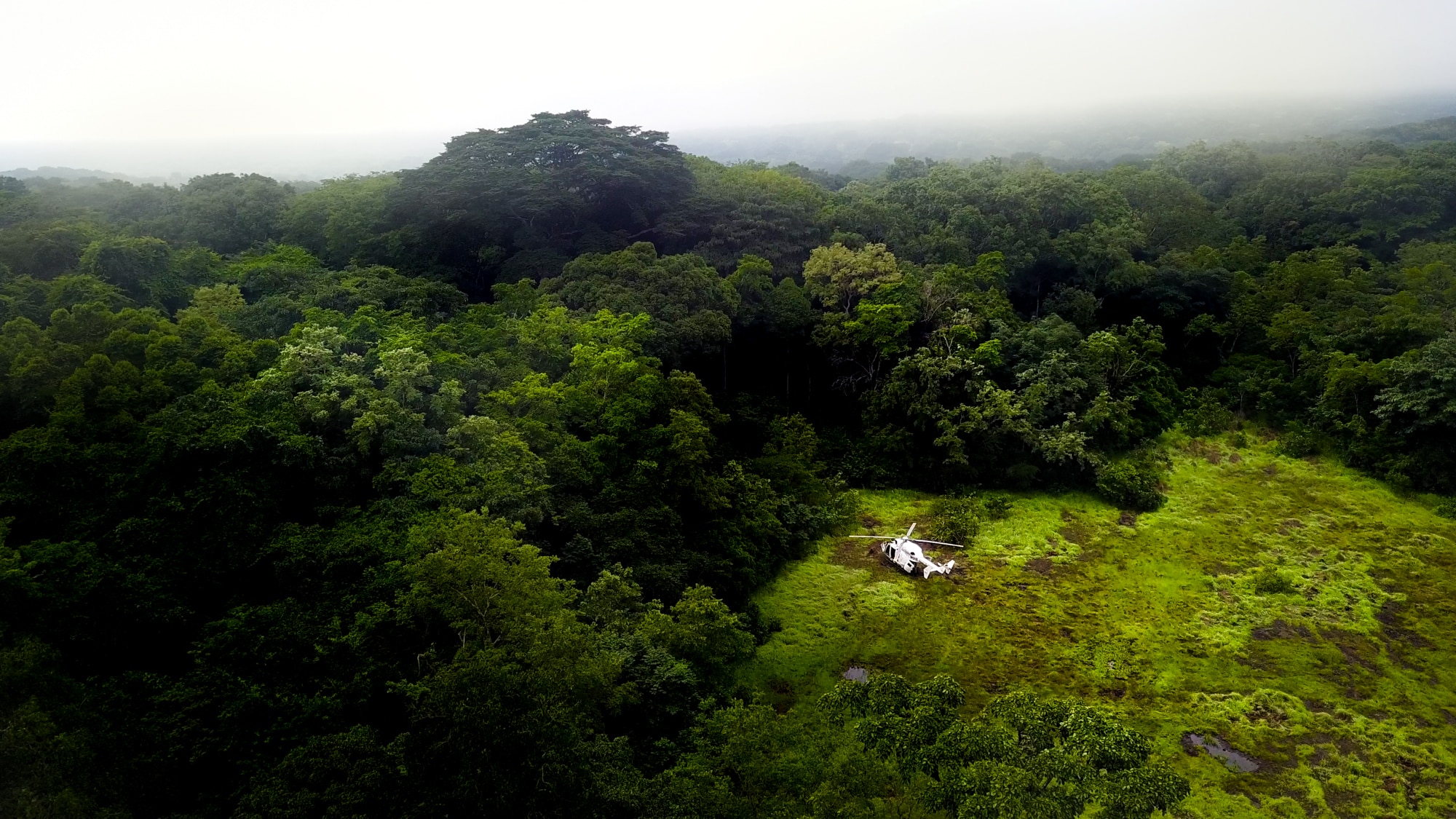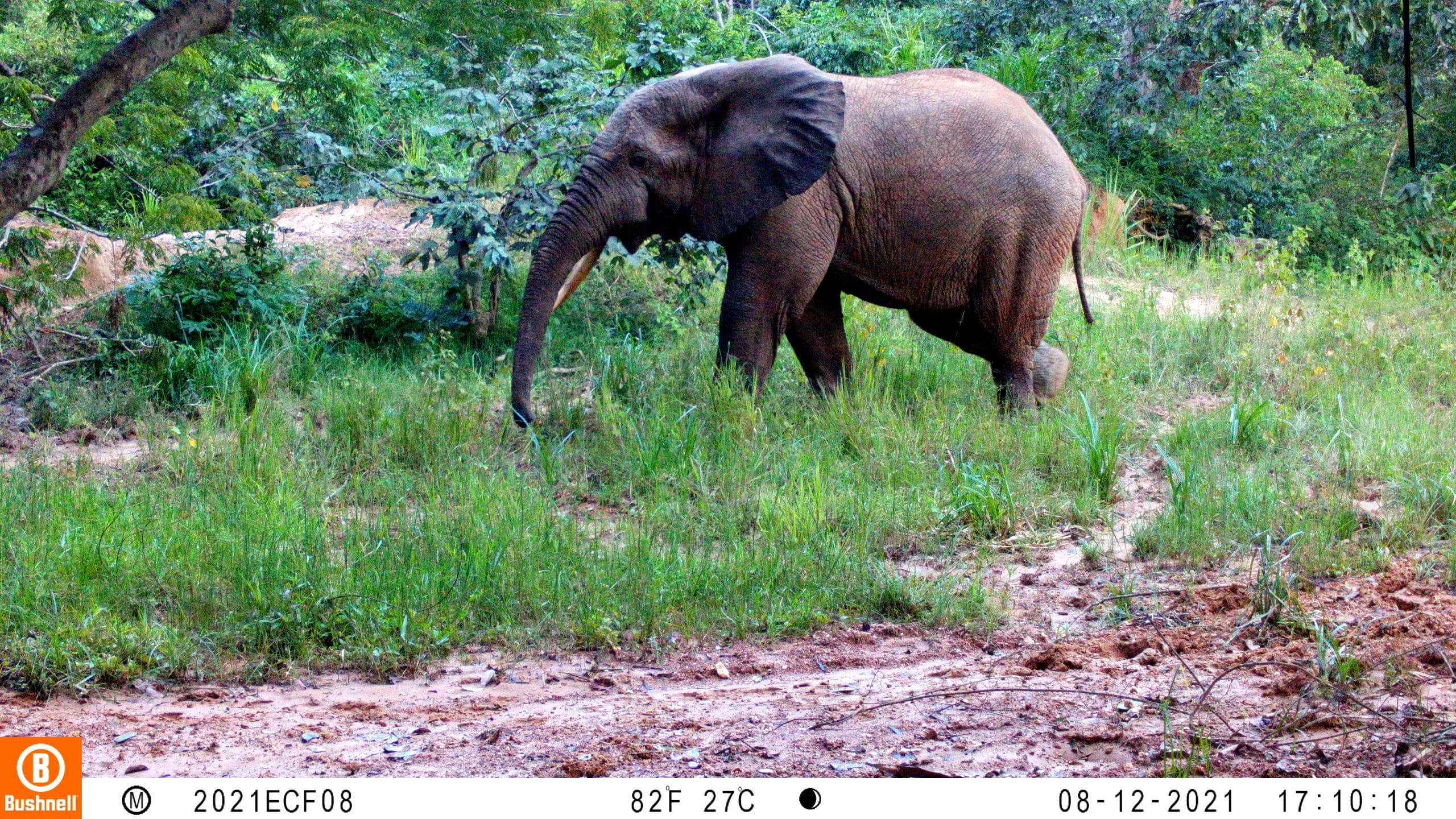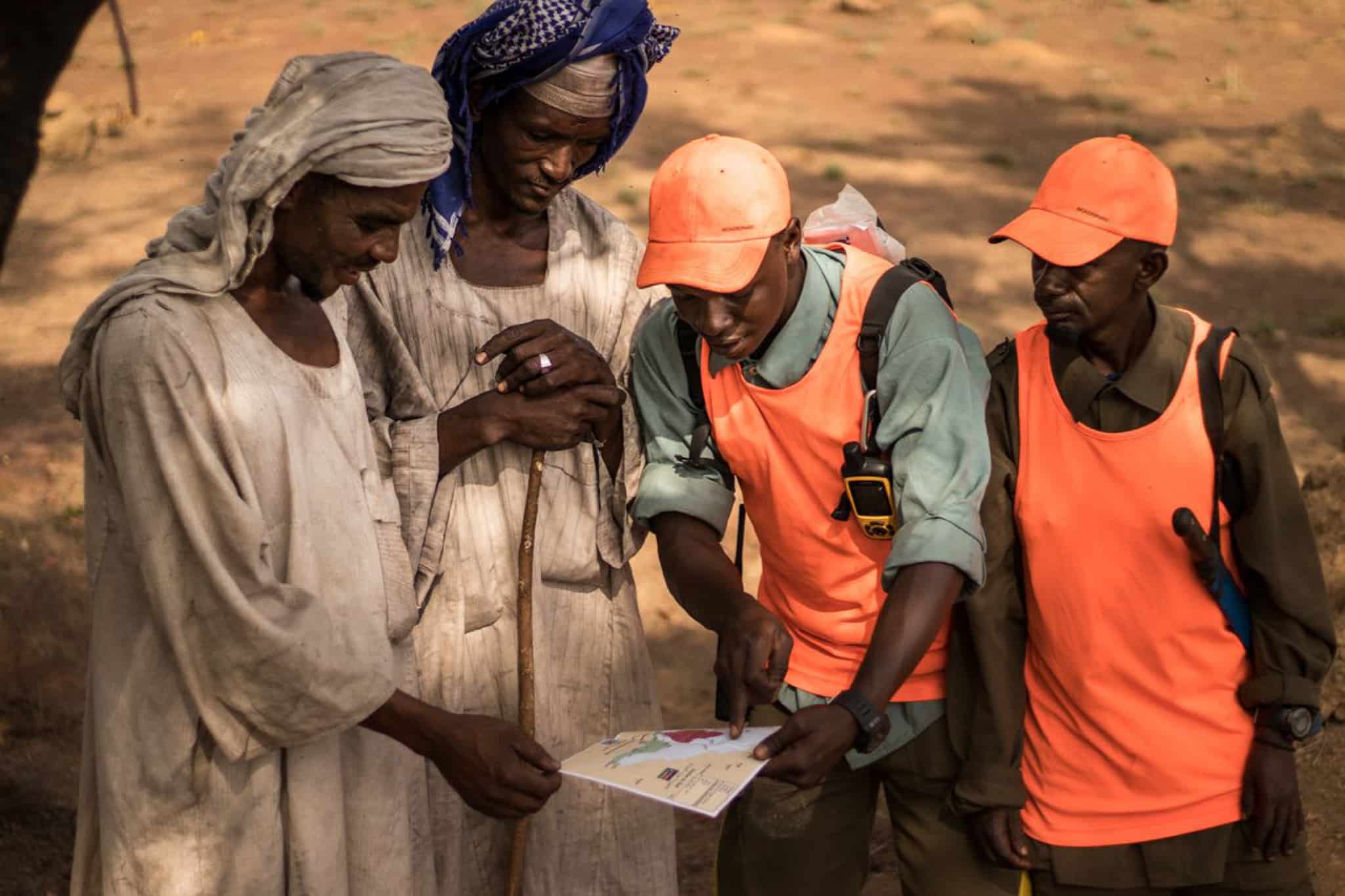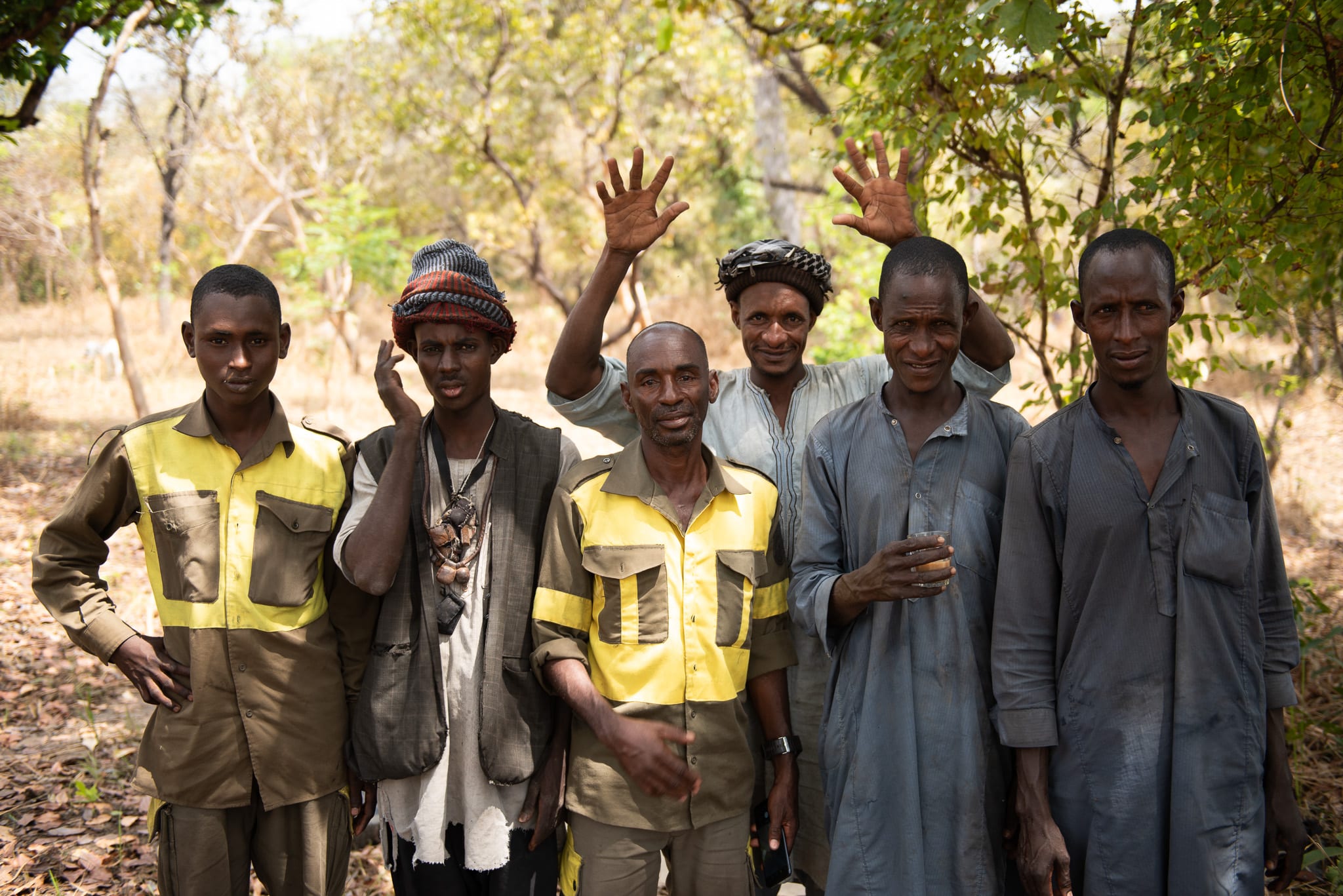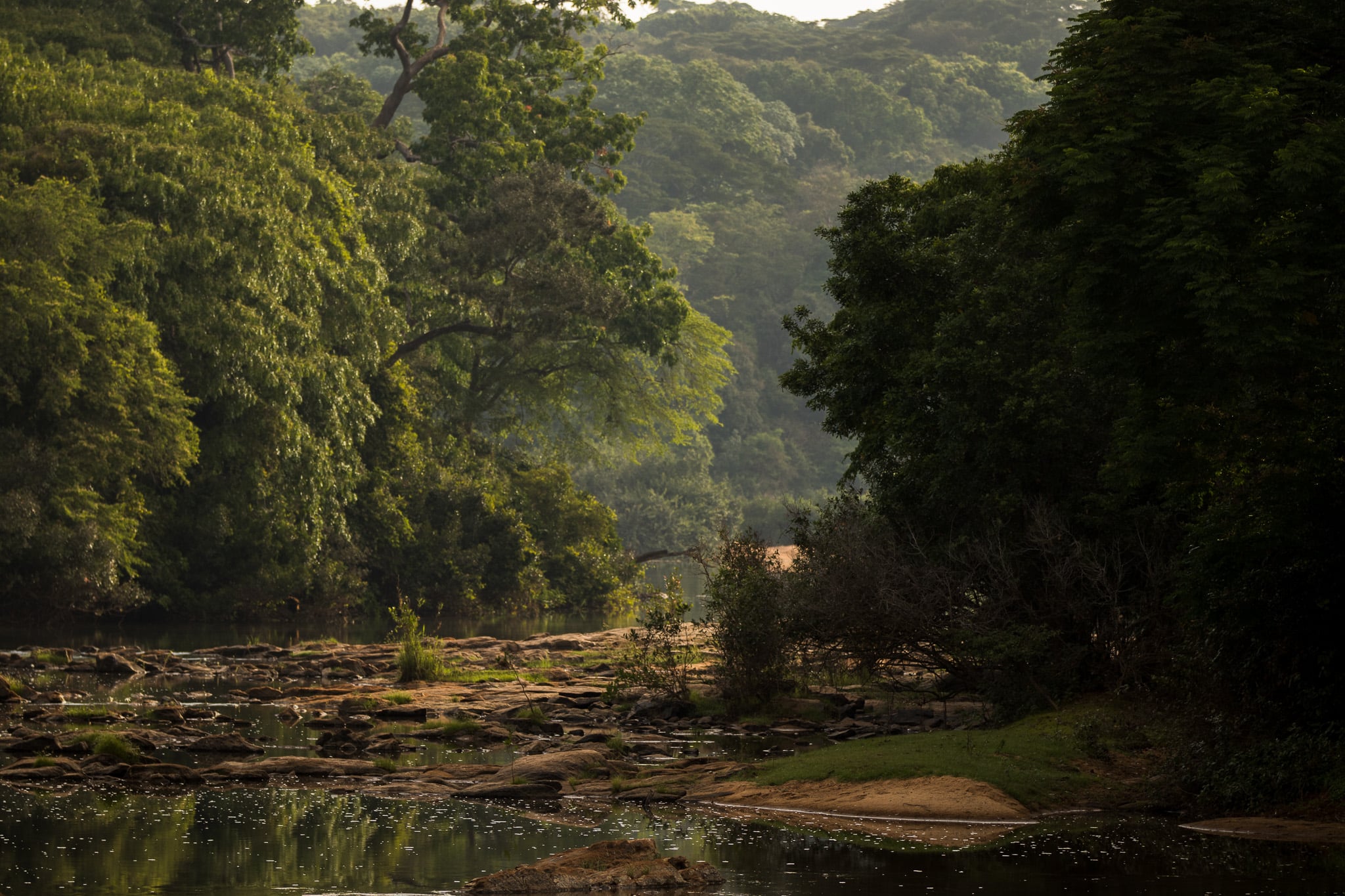Racing Against Extinction
Protecting CAR’s Last Elephants
Small elephant populations in the Eastern Central African Republic (CAR) are teetering on the edge of extinction.
After more than a decade of successfully protecting a core population within the Chinko Conservation Area (CCA), African Parks is now racing to safeguard the last remaining elephants beyond its borders – thanks to vital support from ECF funding.
The urgency has never been greater. Last year, armed groups killed six elephants for their ivory just outside Chinko, a stark warning that without swift action, those beyond the protected zone could vanish forever.
A conservation success story
Chinko, a vast wilderness in eastern CAR, was once home to thriving wildlife, including large herds of elephants – estimated to be up to 40,000 individuals in total. But in the 1980s, Arab horsemen (Janjaweed) from Sudan nearly wiped them out. Later, the pressure continued as armed poachers and pastoralists from Sudan and Chad moved in with large herds of cattle. By the time African Parks (AP) took over management of the 19,400 km² CCA in 2014, only an estimated 50 elephants remained.
Over the past 11 years, with generous donor support, the ECF has granted over USD 1 million to African Parks for Chinko. This funding has strengthened law enforcement, supported aerial and ground patrols, and improved infrastructure to protect elephants from poaching and habitat loss.
Thanks to these efforts, Chinko’s elephants have begun to recover. Patrol teams are seeing more elephant signs, the animals are more relaxed, and breeding has increased – proof that, given secure space and protection, these survivors can thrive once more. Today, there are believed to be 70-130 elephants living in the protected zone.
A hidden at-risk population
After the slaughter of elephants in the 1980s by the Janjaweed and the ongoing killing of the few remaining elephants in eastern Central African Republic, there was little hope that this megaherbivore had survived outside the actively managed core zone of Chinko. However, reports from neighbouring communities – brought to light through the excellent work of African Parks’ ECF-funded Sensitisation Officers known as ECHO and TANGO teams – revealed small remnant populations of elephants outside the core zone. Alarmingly, these elephants were being hunted for their meat and ivory.
Estimates suggest that 45 – 100 elephants remained in the outlying, unmanaged areas of eastern CAR – representing as much as 50% of the remaining elephants in this region. The most endangered group, 15 to 30 elephants along the Ndji and Kotto rivers northwest of Chinko – where the six elephants were poached last year – faced extreme risk from armed groups, cattle herders, and poachers.
Outstanding outreach efforts by the sensitization teams have begun to shift community attitudes – with growing support for protecting elephants rather than hunting them for meat. In 2020, this change was evident when locals alerted Chinko rangers and the government after four elephants wandered into their village, requesting help to guide them back to the safety of Chinko. Among them was a massive bull – one of the few survivors of the mass killings that had wiped out nearly his entire family.
However, as poaching continues, greater action is now needed to safeguard CAR’s last remaining elephants.
Thierry Aebischer, African Parks’ Conservation Manager, says “Weak law enforcement, limited resources, and security challenges beyond Chinko have left elephants highly vulnerable. Without immediate action, eastern CAR’s remaining population faces extinction. African Parks, with partners like the Elephant Crisis Fund, have proven that targeted conservation efforts can safeguard Chinko’s elephants, but protecting elephants outside the managed area is now critical to preserving genetic diversity and securing their future.”
Expanding protection
To address this urgent threat, the ECF has awarded African Parks a grant to support work in peripheral areas. This funding will allow African Parks to expand its successful conservation efforts beyond Chinko’s protected zone and strengthen engagement with local communities living alongside the elephants.
ECF Director Chris Thouless says, “African Parks has done an outstanding job protecting Chinko’s surviving elephants. We hope this new grant will enable AP to use ECF funding as effectively as possible, strengthening elephant conservation outside the CCA where the last remaining elephants are extremely vulnerable to poachers.”
The funding will help support African Park’s key efforts in the CAR, which include:
- Targeted community work – by increasing the efforts of the TANGO teams to engage communities, local hunters, and pastoralists to reduce human-wildlife conflict and poaching. These teams will collect data which will guide AP in conservation efforts.
- Increase forest protection in Bangassou – once an important habitat for forest elephants in the early 2000s – to prevent habitat loss from agriculture and settlements. More recently, it has been established that there may still be a ‘few dozen’ elephants in the forest.
- Actively manage community areas along the Ndji and Koubou rivers to safeguard key elephant habitats.
In addition to the expanded Chinko Conservation Area landscape, the ECF’s recent grant has supported African Parks’ efforts in five other critical elephant habitats – Boma and Badingilo landscape, South Sudan; Garamba landscape, Democratic Republic of Congo; Greater Kafue ecosystem, Zambia; W-Arly-Penjari (WAP) Complex, spanning Benin, Burkina Faso, and Niger, and Zakouma landscape.
By securing these important landscapes, ECF and African Parks are working to prevent further devastation and ensure a future for Africa’s last remaining elephants.
To support vulnerable elephant populations like those in Chinko, donate to the Elephant Crisis Fund HERE.
